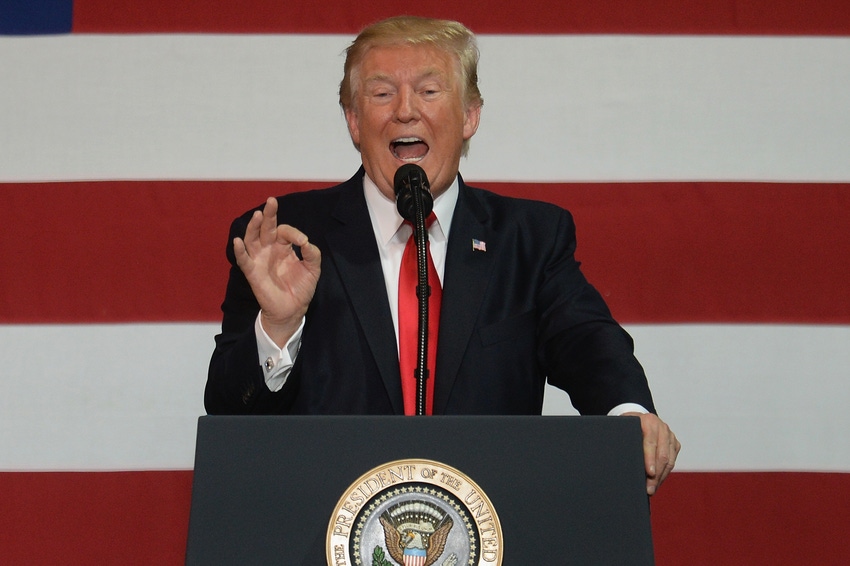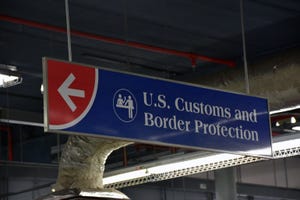Tossing out KORUS is risky business for U.S. hog farmers
Hog prices will fall dramatically if Trump withdraws from KORUS, warns pork leaders.
September 5, 2017

Live hog prices could fall by $4.71 per animal if KORUS — the U.S.-Korea Free Trade Agreement — is terminated by President Donald Trump. Over the weekend, reports surfaced that the administration may issue as early as Tuesday a notice of intent to withdraw the United States from its free trade agreement with South Korea.
An analysis by Iowa State University economist Dermot Hayes found that if KORUS is terminated, the United States likely will lose the South Korean pork market to the European Union, Chile and other countries that have preferential trade access to the Asian nation. That would cause live hog prices to fall by 3.8%, or $4.71 per animal, an amount that would all but eliminate U.S. pork producers’ expected gross margin per hog in 2017.
South Korea is a valuable trade partner for U.S. pork, making it the No. 5 export market. For the 12-month period ending May 2017, the country imported 1.9% of total U.S. pork production — $444 million.
KORUS is the second largest U.S. free trade agreement, eliminating tariffs on 95% of consumer and industrial products. The United States and the Republic of Korea signed KORUS on June 30, 2007, and entered into force on March 15, 2012.
As its fifth largest export market, agriculture groups — including the National Pork Producers Council — are urging the Trump administration not to invoke the 180-day notice of termination in KORUS.
In August, the United States and South Korea held a special session of the KORUS Joint Committee to discuss updating the trade deal. However, South Korea walked away from the negotiation table, citing it needed further investigation.
For now, the White House administration is postponing the decision to officially withdraw from KORUS and open to further discussing the issues with trade deal raised during the special session.
“The United States and Korea have an important economic relationship,” said Ambassador Lighthizer at the conclusion of the special session. “Unfortunately, too many American workers have not benefited from the agreement. USTR has long pressed the Korean government to address burdensome regulations which often exclude U.S. firms or artificially set prices for American intellectual property. This negotiation offers us an opportunity to resolve these and other barriers.”
You May Also Like



